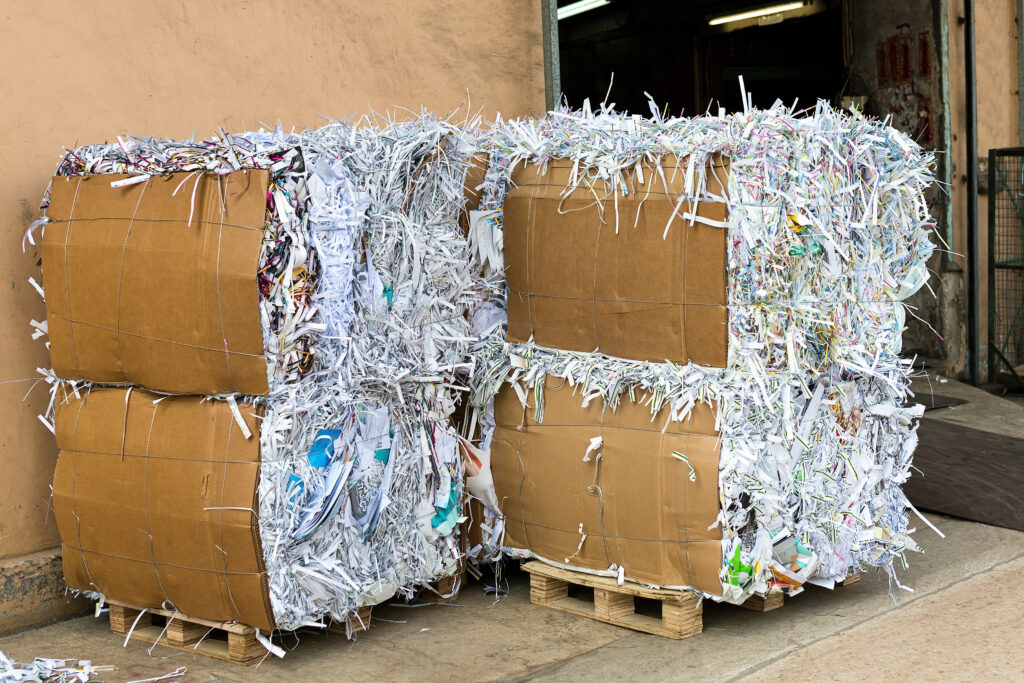Changing trends in the way forestry products are used in the future were signalled last week by Jouko Karvinen, the chief executive of pulp and paper giant Stora Enso.
Speaking at the annual Pyry Managing Consulting (London) forestry event in the capital, which also heard from Pyrys chief executive Heikki Malinen, Mr Karvinen pointed to changes ahead for the newsprint and construction sector.

Pressure on consumer time, he suggested, could see less people reading newspapers. And, he expected more forestry products to be used in construction as well as biomass.
Mr Karvinen questioned whether todays children will, in the future, read newspapers. With additional knowledge of mobile communications from a board position he also holds at Nokia, Mr Karvinen pointed to the growing use of multimedia platforms and asked will the kids read a newspaper at all?
He said: Facebook is today the third largest nation on this planet and 50% of mobile web traffic is social media. And, he added that the newspaper industry is facing a war to attract consumers time.
Mr Karvinens views of a declining newspaper audience echo some of those already expressed by his company, which is a major manufacturer of newsprint. Last year it closed its PM4 newsprint machine at Varkaus in Finland. Commenting on the Varkaus closure, the plants general manager, Reino Panula, said (as reported in the current Stora Enso Rethink magazine): It seems that the importance of newsprint is declining. Its just a matter of how quickly consumption will drop; I believe we will be surprised at how fast it happens. We are becoming increasingly impatient with the news.
Juha Vanhainen, Stora Ensos head of publication paper, said (also as reported in the magazine) that the company is predicting a long-term declining demand trend for newspapers. We have a very clear example in what has happened in the US: digital media is increasingly pushing traditional paper media aside, both in communications and advertising.
Resources
Mr Karvinen argued strongly at the Pyry event that the world needed to make the best use of resources. He said: There are 100 million tonnes of plastics not recycled each year and people find a Tesco shopping bag on the beaches of Africa we think that has got to change. We are rethinking our approach at Stora and whatever we say, with the population rising to 9.3 billion by 2050, we all need a rethink of our resources.
Building sector
The chief executive predicted that, in the future, more wood will be used in the building sector and that European governments are waking up to the current CO2 footprint of construction with building laws being revised, to some criticism from the concrete sector.
Mr Karvinen warned against market distortion caused by subsidies to burn wood. Wood as a product is not competitive with coal and gas so there has to be a subsidised regime at the moment. And he expressed concerns about political decisions skewing the market for wood, saying there is a big argument to create subsidies for energy wood when wood for recycling into paper and for construction can create more jobs and with recycling of paper making more use of embedded energy.
Renewables
Also speaking at the Pyry event was Heikki Malinen, president and chief executive of the Pyry Group.
Mr Malinen predicted that hydro, wind and biomass will be the future of renewable energy. He said that all three resources will grow in importance in the future commenting that wood is fundamentally in short supply. If all the planned plants in Europe go ahead to convert biomass to power, that biomass fuel doesnt exist in Europe today.
Estimating that the supply gap was in the order of 175-300 million cu m per annum, he said investment has been quite limited apart from Drax Power (see letsrecycle.com story).
Mr Malinen also reflected on plans by the port of Rotterdam to make it the biomass port of Europe which is gearing up for a potential significant inflow of material.
Commodity product
The packed event also heard from Cormac O’Carroll, President of Pyry Management Consulting (London), hosts of the event, who said that wood is set to join oil, gas and metals as a crucial global commodity product as emerging sectors push demand to an all-time high.
Dr OCarroll continued: “The scarcity of supply is making wood a valuable resource and were already starting to see it being traded like more established commodities. Several commodity price indices have developed for wood pellets over the last years and the industry is in detailed talks about developing derivative trading platforms for wood pellets and woodchips. I predict wood will become a global commodity within the coming few years.
And, the president noted that: UK forests produce around 10 to 12 million tonnes of sustainable annual biomass but if all the planned projects go ahead the UK will need 50 million tonnes of biomass per year, far outstripping the available supply”.









Subscribe for free